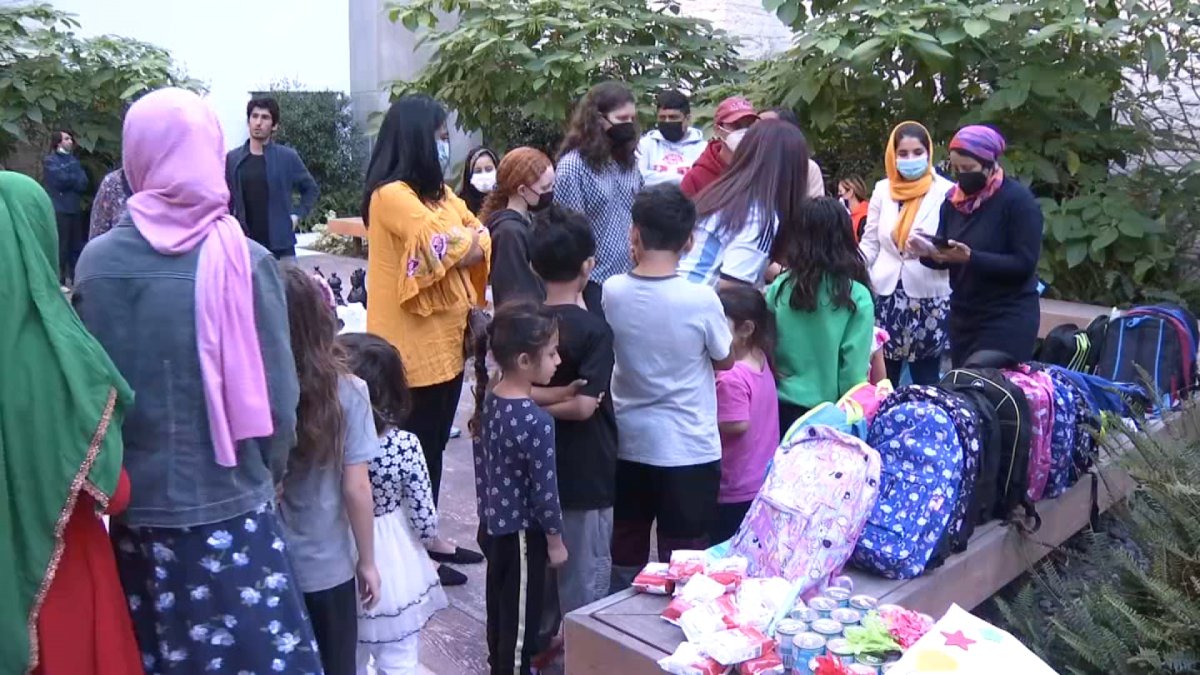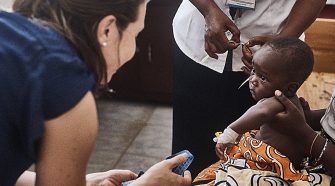As San Diego prepares to welcome more refugees from around the world, a new study from UC San Diego shows the major challenges refugees have faced during pandemic. COVID-19 led to substantially more job loss and worsening mental health in refugees in San Diego.
“We saw that folks in the refugee community had about 30% higher job loss than folks reported in the rest of the state,” said author Rebecca Fielding-Miller, PhD, MSPH, assistant professor at UCSD.
Many refugees in San Diego County work in frontline essential jobs such as rideshare drivers or in restaurants. Those are the types of industries that took a huge hit at the beginning of the pandemic.
“They also tend to work in jobs that are really high risk, like home health care aides or essential workers at stores. There was really a big differential in terms of what jobs were lost and what jobs people didn’t feel safe working in,” said Fielding-Miller.
UCSD teamed up with local non-profit, Partnership for the Advancement of New Americans (PANA) to collect information on refugee families.
The research also indicates that refugees who have been in the U.S. longer than five years had more adverse effects during the pandemic, than refugees who have arrived more recently. Fielding-Miller says refugees are many times offered services when they first arrive, but those taper off the longer they are in San Diego.
Refugees suffered mental health issues at similar rates than most Californians but mental health problems were more prevalent among refugees who have been here longer than five years.
“These are community members who are coming from Afghanistan, Syria, Somalia southeast Asia, Africa, are coming from places that are very communal,” said Jeanine Erikat, Policy Associate at PANA.
“It took a large toll on people not being able to connect to each other socially, which is also what led to poor mental health,” Erikat added.
When churches, mosques and community centers closed, local refugees lost many of their social networks.
“Considering how long it can take to rebuild a life when you come here, you have to learn a new language, you have to get new credentials, you have to get your kids enrolled in schools and you know, maybe people need a hand more than those initial five years to reestablish everything when they come to our community,” said Fielding-Miller.
The U.S. has a goal of admitting more than 100 thousand refugees this year. Advocates say the goal highlights the need to understand the complexities of the refugee community in San Diego.
Last year California accepted more refugees than any other state in the country. San Diego county resettles the most refugees in the state. Last year the county accepted nearly 2000 refugees.















